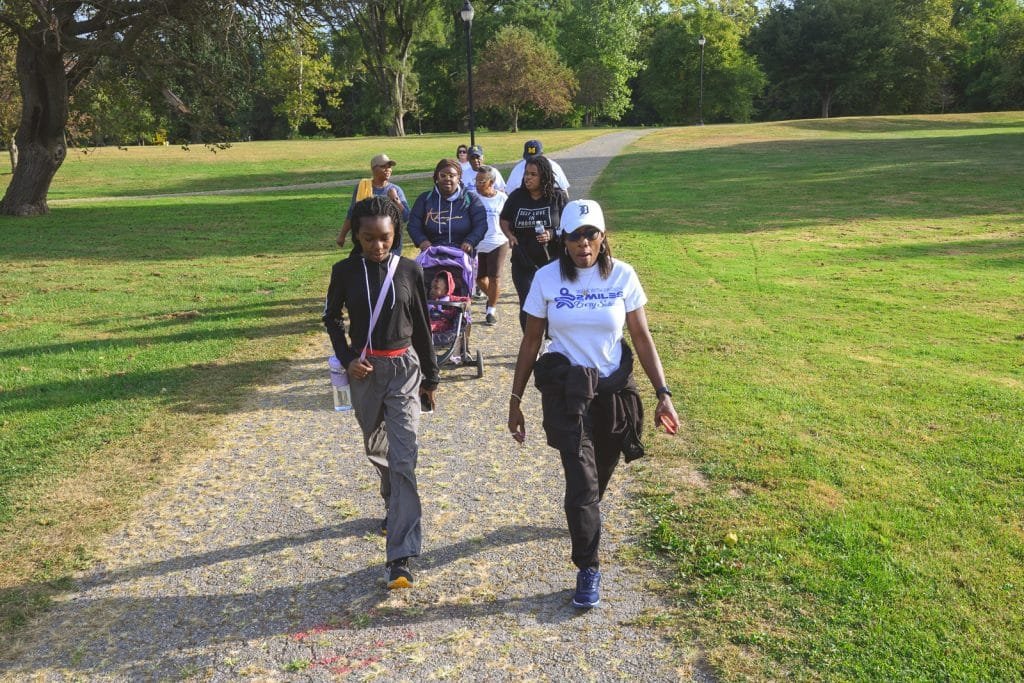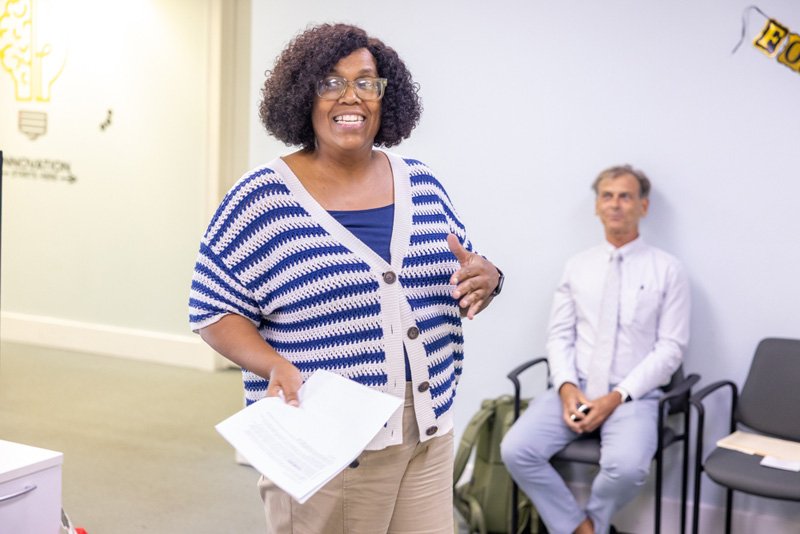
Expanding access to lifestyle medicine education opportunities—such as continuing medical education (CME) courses, professional certification, webinars, mentoring and peer-to-peer connections, and conference participation—can facilitate the adoption of the medical specialty across health systems, according to a study published in Translational Behavioral Medicine.
This qualitative study conducted by the American College of Lifestyle Medicine (ACLM) found that intentional educational strategies are critical to the adoption and growth of lifestyle medicine programming and facilitate deepening of clinicians’ knowledge, skills, and confidence in delivering lifestyle medicine interventions to treat, reverse and prevent chronic disease.
“These findings give health system leaders a roadmap of educational strategies to advance lifestyle medicine implementation,” said ACLM Senior Director of Research Micaela Karlsen, Ph.D. “By investing in CME courses and conferences or creating space for informal activities like wellness programs and peer support, leaders have powerful levers that drive adoption and sustain long-term growth.”
To understand how health systems prepare clinicians to practice lifestyle medicine, researchers conducted more than 60 interviews with clinicians, administrators and educators at eight health systems. Seven of these health systems are part of ACLM’s Health System Council—a collaborative network dedicated to accelerating clinical integration of the specialty.
Strategies for success
Interviewees identified various educational strategies that supported lifestyle medicine practice, including:
- Lifestyle medicine and food as medicine CME courses and webinars
- Lifestyle medicine certification
- Grand rounds and in-house trainings
- Attendance at ACLM’s annual conference
- Peer-learning and mentoring
Interviewees described how educational initiatives translated into cultural and practice shifts within their organizations, also leading to mentoring and further peer support. The role of cultural support had been further explored in a previous ACLM study. One physician in the new study responded that after they earned lifestyle medicine certification, they “helped 15 other people, a few physicians and nurse practitioners” get board certified.” At least two health systems established resources to support employees to achieve certification.
Six health systems described leveraging lifestyle medicine and food as medicine conference attendance to support clinician education. Interviewees noted that the experience not only instilled a passion for lifestyle medicine but also inspired them to disseminate knowledge and insights within their organizations.
The study highlighted the benefit of embedding lifestyle medicine into employee wellness initiatives. These initiatives gave clinicians firsthand experience with the same lifestyle interventions recommended for patients, reinforcing both their confidence and credibility when delivering lifestyle medicine care.
While pilot programs have long been recognized as an approach to test the feasibility of an intervention, the study’s first author, Meghan Ames, DrPH, MSPH, RDN, said, “This work highlights that delivering lifestyle medicine to health system employees can serve as a rich opportunity for health care professionals to learn firsthand what lifestyle medicine is and how powerful it can be to impact health.”
Key educational content areas
The study also pinpointed key educational content areas considered most critical: a clear definition and evidence base for lifestyle medicine, behavior change counseling, familiarity with lifestyle medicine referral opportunities and business operation skills.
Many of the strategies interviewees described focused on raising awareness of the lifestyle medicine resources available both inside and outside their health systems. This awareness was seen as critical for making patient referrals and ensuring consistent use of lifestyle medicine services.
As one physician explained, “It’s also important that the people you work with know about what existing resources are,” adding that education must be continuous because “you’ll always have new staff or new physicians joining.”
More information:
Meghan L Ames et al, Education strategies to facilitate lifestyle medicine practice within health systems: a multiple case study of US health systems, Translational Behavioral Medicine (2025). DOI: 10.1093/tbm/ibaf042
Provided by
American College of Lifestyle Medicine
Citation:
Research identifies educational strategies that fuel lifestyle medicine adoption across health systems (2025, September 23)
retrieved 23 September 2025
from https://medicalxpress.com/news/2025-09-strategies-fuel-lifestyle-medicine-health.html
This document is subject to copyright. Apart from any fair dealing for the purpose of private study or research, no
part may be reproduced without the written permission. The content is provided for information purposes only.







